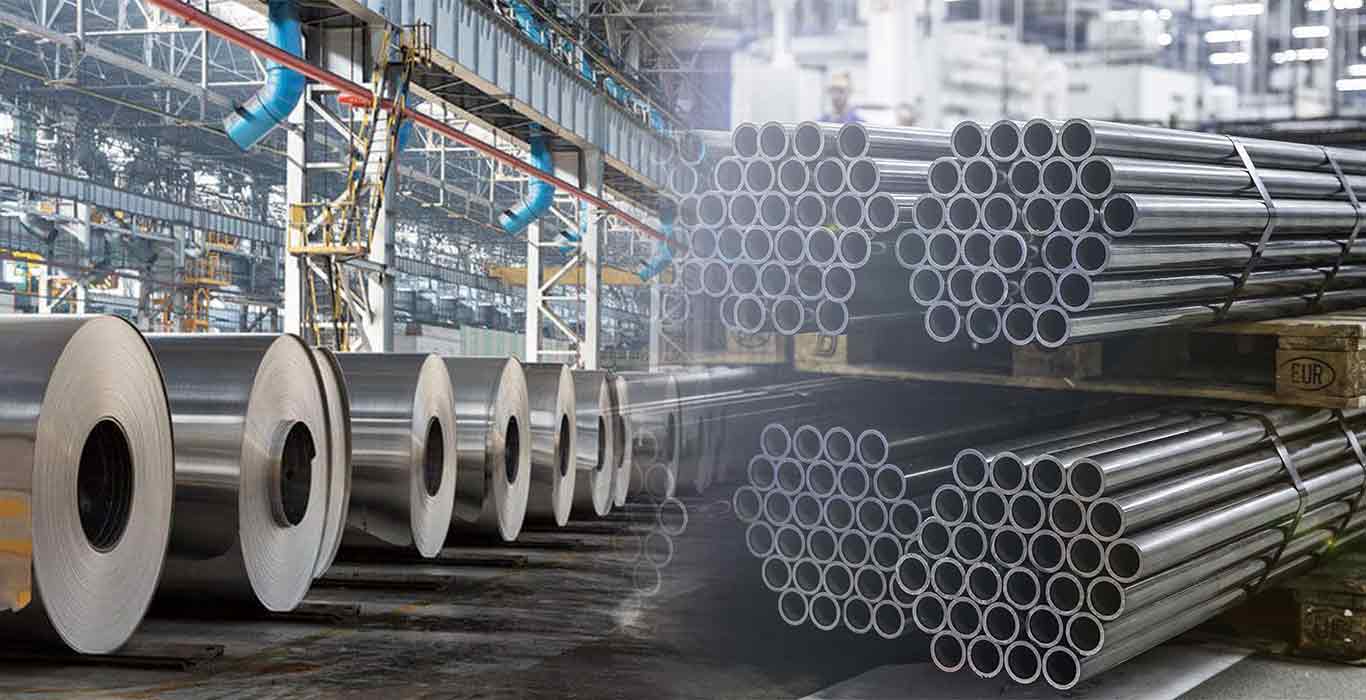Welcome To ChemAnalyst

China: China's Aluminum manufacturers are emulating their nickel counterparts by establishing smelters in Indonesia. In the last 20 years, China's Aluminum industry has witnessed remarkable expansion, but it is now nearing a domestic capacity limit enforced by President Xi Jinping's government. Meanwhile, Indonesia wants to replicate its achievements with nickel by discontinuing the export of raw Aluminum ore and encouraging overseas investors to construct smelters.
In the last ten years, China has made significant strides in utilizing Indonesia's abundant Nickel resources, transforming the nation into a major center for producing this metal that's crucial for manufacturing electric-vehicle batteries and stainless steel. As part of this effort, Chinese investors have constructed refineries, smelters, and even a museum dedicated to Nickel on Indonesian islands. Among these investments is a recently established Aluminum plant supported by Tsingshan Group Holding Co., the company that led China's efforts to spend billions of dollars in developing Indonesia's Nickel industry.
Chinese Aluminum firms will need to look beyond China's borders if they want to expand their operations due to the capacity limitations within the country. China has been responsible for over 50% of the world's Aluminum output, thanks to its rapid expansion this century to meet the demands of urbanization. However, the industry's growth is slowing down as Beijing has capped annual production at 45 million tons to avoid oversupply and to phase out older, less efficient plants.
Indonesia, the largest economy in Southeast Asia, has been attempting to shift away from exporting raw commodities by mandating onshore processing and manufacturing. This month, an export ban on bauxite, the primary ore for Aluminum, has been implemented. Chinese companies are already operating alumina refineries in Indonesia, which is an intermediate stage in the process of converting bauxite into an intermediate product. Recently, a joint venture between Huafon Group, a chemical producer, and Tsingshan, launched the first Chinese-owned smelter outside China, located on Sulawesi Island in Indonesia. The smelter has a capacity of 2 million tons and aims to expand further in the future.
Shandong Nanshan Aluminum Co., a leading Chinese Aluminum manufacturer, is set to construct a 250,000-ton smelter on Bintan Island by 2026. Chinese companies have plans for around 10 million tons of annual capacity across Southeast Asia, with Indonesia being the primary location. However, experts remain cautious about Indonesia's potential to become a significant hub for Aluminum, unlike Nickel. The country's smelters will heavily rely on coal-fired power, which contradicts global efforts to shift towards renewable energy sources to power the industry, including in China.
The prevailing coal-fired power supply in Indonesia, known for its high emissions, will pose a significant challenge for upcoming projects. These ventures may encounter obstacles in marketing their Aluminum products as the global market shifts towards eco-friendly metal. For instance, the European Union is planning to levy import taxes based on a product's carbon footprint by 2026, while other regions like the US and UK are expected to adopt similar policies.
Even though Aluminum production contributes to only 4% of China's carbon emissions, most of the new capacity in recent years has been established in provinces like Yunnan and Sichuan, which rely on hydroelectricity for power. As much as 19% of China's Aluminum production is currently powered by hydroelectricity. Conversely, Indonesia's Nickel industry has experienced a boost due to the possibility of increased demand soon, particularly from battery manufacturers. Unfortunately, such demand drivers do not exist for Aluminum.
China's dependency on Indonesian imports for Nickel is much greater than its dependence on Indonesian imports for Aluminium. Last decade, Chinese companies invested in Indonesia to ensure a steady supply of Nickel as the country implemented a ban on ore exports. In contrast, Indonesia provided just 15% of China's imported bauxite last year, meaning that the ban on bauxite exports is less significant. Therefore, while future Aluminum output won't see a significant change, the impact on Nickel could be more substantial.
We use cookies to deliver the best possible experience on our website. To learn more, visit our Privacy Policy. By continuing to use this site or by closing this box, you consent to our use of cookies. More info.
